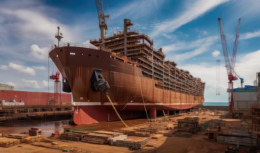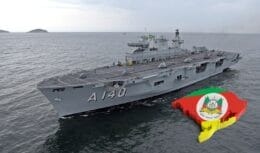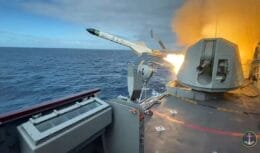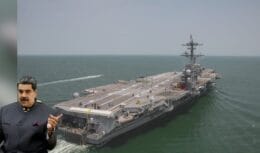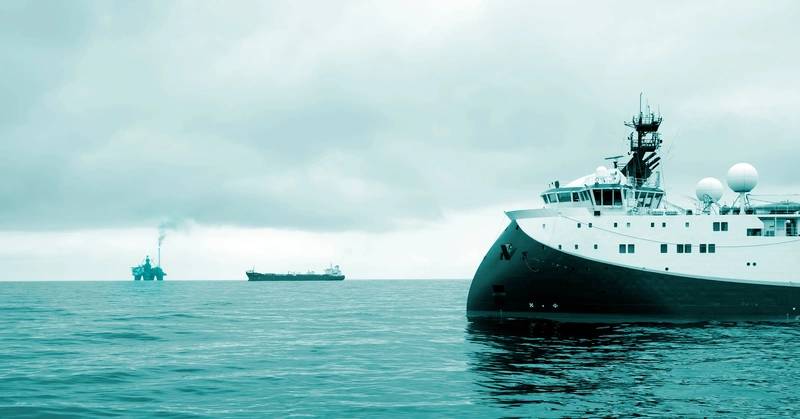
Offshore ships have complexity in common, like the offshore support vessel. Shipyard innovations make design and construction less inconsistent.
The challenges of the oil and gas industry are many, but innovation and complexity are at the heart of operations. From extraction to transportation, oil and gas require advanced and technologically sophisticated solutions to ensure efficiency and safety. The search for new ways of developing and managing projects is constant, in order to meet the growing demands of this crucial sector.
Oil companies face constant challenges, but they also have great opportunities for growth and development. The oil and gas industry is constantly evolving, seeking new ways to manage risks and minimize manual labor. Innovation is critical to the progress of the oil and gas industry, and companies are committed to finding effective solutions to drive the sector into the future. Geert Schouten, director at Shipbuilder: 'Innovation is essential to address the challenges of the oil and gas industry and ensure the continued development of effective solutions.'
Reducing Risks in the Construction of Offshore Ships for the Oil and Gas Industry
In this article, we will explore how risks during offshore vessel construction for the oil and gas industry can be effectively reduced. Shipbuilding for the oil and gas industry is a complex and challenging process, taking into account the massive amount of data circulating in shipyards before and during the construction of these ships.
- Challenges in the Oil and Gas Industry: Shipbuilding of Offshore Ships
Geert Schouten, director of shipbuilding, emphasizes the complexity of documentation and data required when building offshore ships for the oil and gas industry. With thousands of documents and pages involved, along with numerous drawings and millions of elements of data, monitoring becomes a significant challenge. Oil companies, aware of these complexities, find themselves faced with the need for innovative solutions to ensure the success of these projects.
- Oil Companies and the Challenges in Building Offshore Ships for the Oil and Gas Industry
Furthermore, Geert highlights the importance of consistent provision of information, pointing to inconsistencies in documentation as a financially avoidable risk that can be critical to the successful delivery of a ship. Effectively managing these challenges represents a significant opportunity for oil companies in the oil and gas industry.
- Improvements through Scanning in the Oil and Gas Industry
Considering these challenges, digitalization emerges as a viable solution to mitigate risks and drive innovation in the oil and gas industry. As exemplified by the Dutch Navy, innovative digitalization processes can filter and adjust for inconsistencies in data elements, resulting in faster development and more innovations in shipbuilding. Proper use of digitalization can avoid inconsistencies and significantly reduce risks, while driving innovation and efficiency for oil companies.
Operational and Financial Benefits of Digitalization in Shipbuilding for Oil and Gas
Thus, effective adoption of digitalization in the oil and gas industry promises considerable risk reduction while driving innovation and operational efficiency. Companies that prioritize and effectively implement digitalization are in a unique position to avoid unnecessary risks and thrive in the dynamic environment of the oil and gas industry. Digitalization not only reduces risks, but also enhances innovation, significantly benefiting the industry. Companies that adopt these solutions will be ahead and more competitive in the oil and gas industry.
Technology Shipbuilding Abroad




